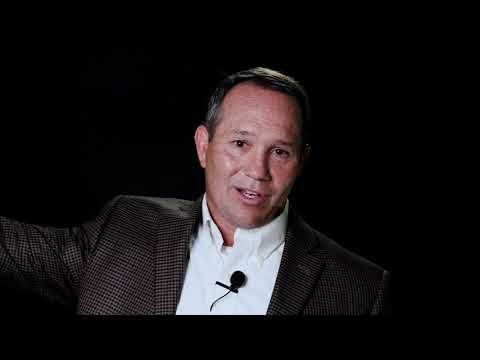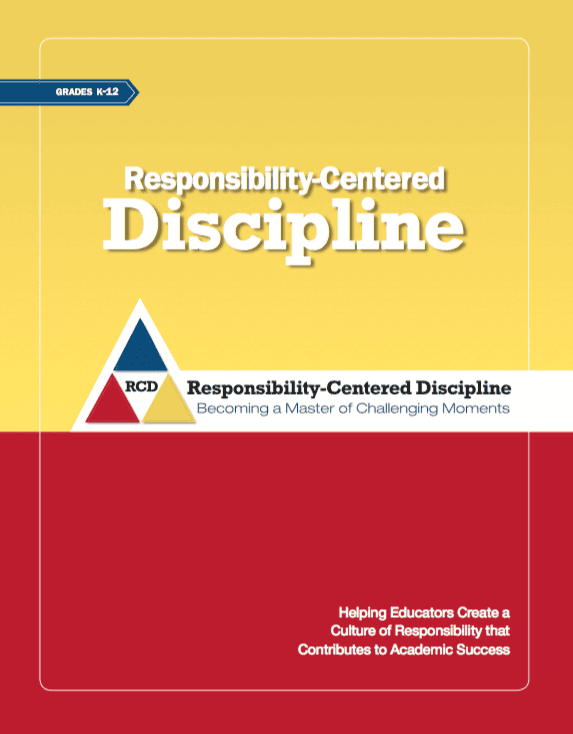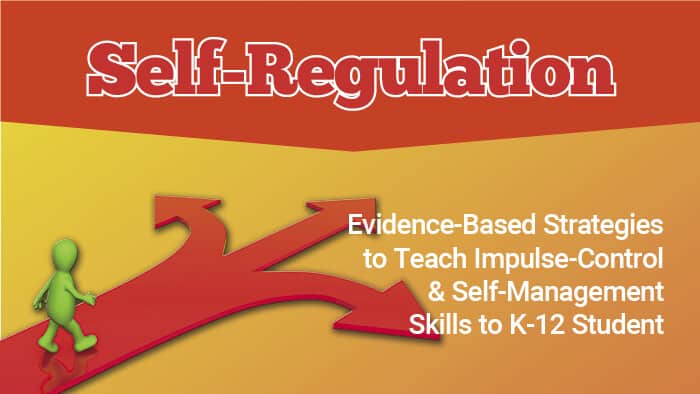- Summit
- eLearning
AccuEd Connect
Online training to build social-emotional skills, support positive student behavior and protect staff and students.
Explore More >AccuEd
On-demand master classes on social-emotional learning, classroom management, teaching strategies and more.
Explore More >
Request a Demo
Explore how you can deliver critical online training anywhere, anytime.
- On-Site Training
School Discipline
AccuTrain’s on-site workshops will help your educators develop the skills to manage student behavior challenges in a way that supports students.
Explore More >At-Risk Students
Inspire and energize your educators with personalized instruction on how to support at-risk students.
Explore More >Mental Health & Well- Being
Help educators develop the skills and knowledge to promote positive mental health and ensure every student feels safe and supported.
Explore More >School Culture & Leadership
AccuTrain experts will inspire and energize your educators with personalized instruction on school culture & leadership.
Explore More > - RCD
Responsibility-Centered Discipline™
Help educators transform classroom management with a proven system that empowers students to own their behavior and academic performance.
Explore More >RCD Connect
RCD Connect online courses reinforce the foundations of Responsibility-Centered Discipline and help educators strengthen communication skills and build positive, supportive relationships with students.
Explore More >Request a Quote
Discover how you can create a responsibility-centered culture that reduces office referrals and supports student success.
- YouthLight
Smart Connect
Bring a new level of motivation to your students with SEL Smart Connect interactive lessons delivered via digital whiteboard or computer.
Explore More >Thumballs
Choose from more than 25 thumballs to create engaging discussion in your classroom and make learning fun.
Explore More >Activity Books
YouthLight’s activity workbooks are designed to engage students with fun ways to learn social and emotional skills.
Explore More >Curricula
YouthLight’s curricula books contain lesson plans on social emotional learning for quick and easy use in the classroom, small groups or one-on-one.
Explore More > - Resources
Innovative Schools Insights eNews
Get news you can use in your classroom and school to engage and support all students.
Explore More >Blogs
Learn innovative insights and best practices from K-12 experts to help sharpen your skills.
Explore More >Downloads
Discover how AccuTrain professional development resources can support your staff.
Explore More >
Request a Demo
Explore how you can deliver critical online training anywhere, anytime.
- About
About
AccuTrain provides insightful, inspiring and often entertaining professional development experiences featuring the greatest minds in education.
Explore More >Core Values
We are committed to the values that define our culture: service to educators, lifelong learning, innovation, teamwork, fun and well-being.
Explore More >










